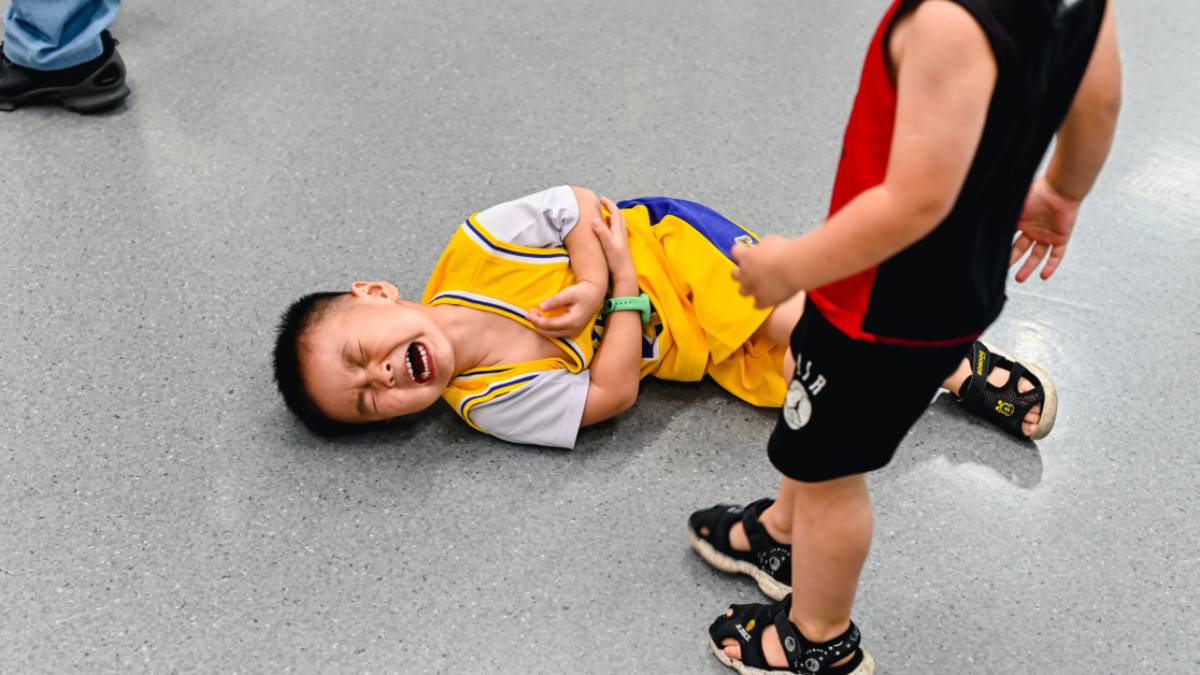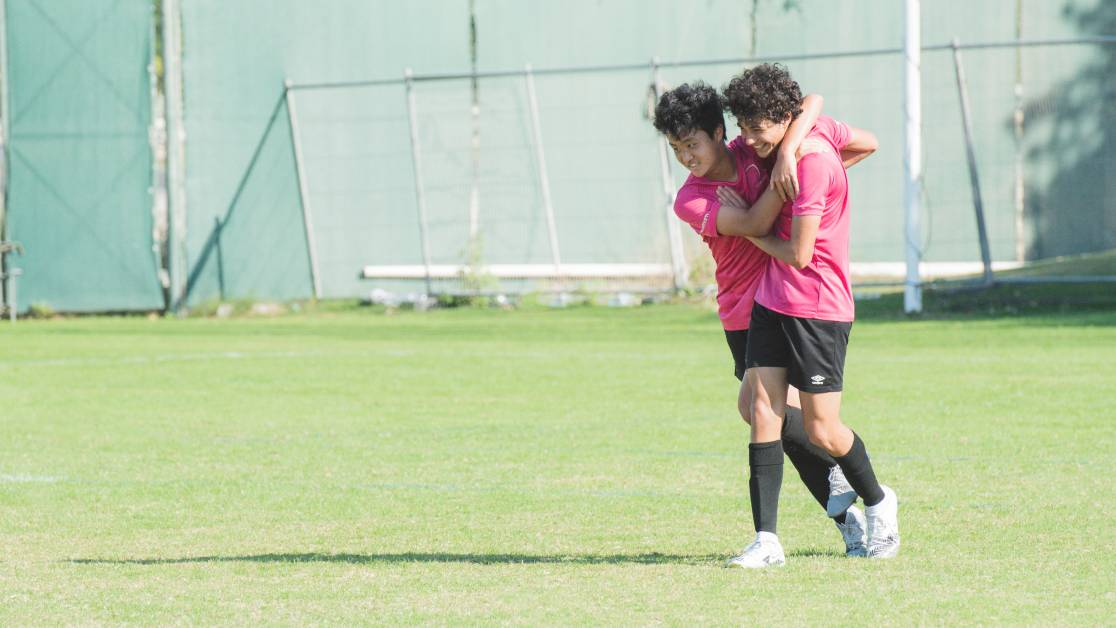Violence against referees: the cause of the referee shortage

For the past decade, the world of sport has been facing a silent but alarming crisis: the shortage of referees. A drastic drop in the number of referees, ranging from 15 to 40%, threatens not only the quality of competitions, but their very existence. The facts are simple: no referee, no match. Behind this shortage lie complex factors, including the violence suffered by referees on and off the pitch, which plays a central role in this haemorrhage.
The findings presented here come from a research project conducted by Pôle sports HEC Montréal in collaboration with Hockey Québec, led by Éric Brunelle, director and founder of Pôle sport HEC Montréals, and Dominic Lauzon-Marques, research associate at Pôle sports HEC Montréal. Their study highlights the impact of violence on the shortage of referees.
An epidemic of departing referees
In addition to the decline in the number of referees, the turnover rate is also a cause for concern. Year after year, between 15% and 30% of referees leave their posts. In the United States, 80% of new referees quit in their first year. This trend has forced sports federations to recruit more and more young referees, often with less experience, leading to more errors during matches and, inevitably, more criticism from players, coaches and spectators. This negative spiral discourages referees, further reinforcing their desire to leave the game.
Difficult working conditions
The refereeing profession is far from attractive. Schedules are restrictive, with matches often taking place in the evenings and at weekends, and recognition is virtually non-existent. Few congratulations, a culture of constant denigration and uncompetitive salaries all combine to create a toxic working environment. This climate, combined with the intensification of verbal and physical violence, is driving many referees to throw in the towel.
Key factor in the shortage
A survey of 811 referees in Quebec in 2023 reveals that 85% of them have already been victims of verbal abuse, and 22% say it happens frequently. An alarming figure when compared to other professional environments where such frequency would be unacceptable. Worse still, 45% of referees have experienced some form of physical violence, a much higher rate than that of the general population (2%). The sources of this violence are multiple: coaches, players and, often, fans, including parents.
The level of violence also tends to increase with the age of players in competitive categories. Yet violence affects all referees, regardless of their level of experience or seniority.
Long-term consequences
Violence doesn’t just have an immediate impact. It creates a toxic working environment that, in the long term, erodes referees’ well-being. Difficult conditions encourage burnout, disengagement and intentions to leave. Although the relationship between violence and departure is not instantaneous, the cumulative effect of such violence gradually pushes many referees out of the profession.
How do you retain referees? Deploying resources
In the face of this crisis, it is essential to strengthen the resources available to referees on three levels: organizational, social and individual. On an organizational level, it is crucial to put in place clear and effective procedures for dealing with violence. Consequences must be named and enforced for offenders. Awareness-raising campaigns aimed at players, coaches and parents are also vital to changing the culture of sport.
It is equally vital to offer psychological support to referees, and to recognize their work through rewards and training programs for their professional development. By showing leadership, empathy and support, organizations can help improve retention.
On the social front, creating opportunities for networking and socializing between referees is essential to building a strong and supportive community, where members can share experiences and support each other.
Reacting to violence to save refereeing
The shortage of referees is not just a question of numbers, it reflects a deeper deterioration in the conditions in which these professionals operate. Verbal and physical violence is a daily reality for them, and one that must stop if the integrity of sporting competitions is to be preserved. Offering better support to referees and changing the culture of sport in terms of respect and recognition is more than a necessity, it’s an emergency. Without referees, sport as we know it is in peril.
All the information in this article comes from a Pôle sports research project in collaboration with Hockey Québec, directed by Éric Brunelle, director and founder of Pôle sport HEC Montréal, and Dominic Lauzon-Marques, research associate at Pôle sports HEC Montréal.
Karl Demers

Sur le même sujet
In the dynamic sports environment, where enthusiasm and competition converge, there is a complex reality: the safety of athletes is put to the […]
Harassment and abuse don't just affect athletes at the top of their game, they can also affect young people involved in school or community […]
Have you ever had to stop a game to deal with unsportsmanlike behavior on the part of some of your players? If the answer is yes, you've come to […]


